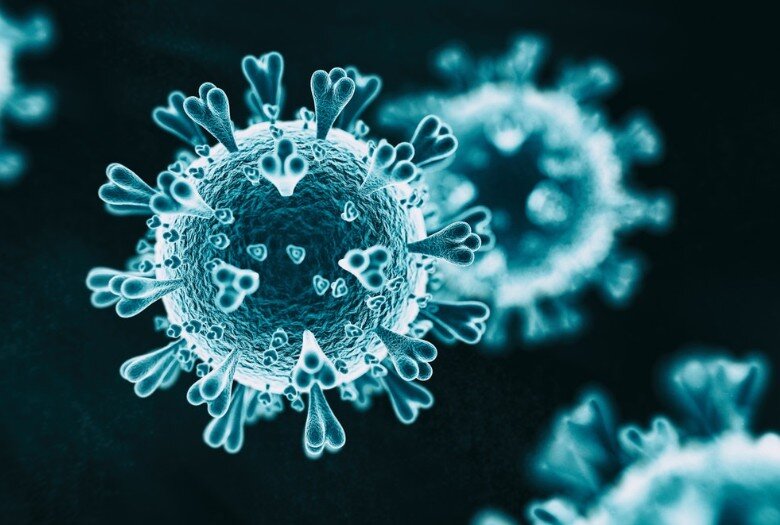One of the most helpful tools when trying to conceive is learning exactly when you’re the most fertile.
Whilst a viable egg can only be fertilized for around 24-hours, sperm can survive for days inside a woman’s body. Learning when you are most likely to conceive can prevent many of the common frustrations around trying to get pregnant. Most couples trying to conceive move through one or more of these three basic phases:
1. “We’re having a baby!!!!” We’re ready to get pregnant. Toss out the birth control and let’s see what happens…
2. Hmmm. After a few periods, the woman decides, “Well – that didn’t work, why aren’t I pregnant? Let’s start taking my basal body temperature, charting and planning around my cycle….”
3. Yikes! The couple begins to become disheartened. Nothing seems to be working and the calendar watching and charting is in over drive! You are propping your legs up against the wall after sex, and perhaps you have “lost that loving feeling”. It is probably time to start looking into the idea of assisted reproduction via IVF clinics to see if you are candidates.
If you’re trying to conceive, keep in mind that the “normal” period of time for most couples to conceive naturally is between 12-24 months. However, women under the age of 35 may want to speak with their fertility doctor after 12-months, and women 35 and older should discuss potential fertility issues with their doctor after 6-months, to schedule routine checkups and ensure that all is well before proceeding naturally.
When is my Most Fertile Time?
Most women have approximately a 28-day menstrual cycle. This cycle is counted from the first day of your period through the day before your next period begins. For an accurate average, it’s a good idea to track the days you’re on your period for 3 – 4 months. Many women have shorter or longer cycles, which shifts their “fertility window” by a few days.
-
Ovulation.
The first step to figuring out your fertility window is knowing when you ovulate. Once you’ve tracked your period for a few months, count backwards 12 days from the day you suspect your next period will begin. Mark this date on your calendar. Then count backwards another four days. This five day range is when your chances for conception are the highest.
-
Timing.
Keep in mind that sperm can live in a woman’s body for five to six days! That means you and your partner should begin having sex several days before you anticipate being fertile. The more viable sperm that are around when your egg comes cruising by, the more likely the chances are that a sperm will make contact with an egg. In order to maximize your chances of conception, Dr Stokes recommends having sex every other day (which means he should avoid ejaculation in the meantime) during this period.
-
Additional Signs.
If you’ve already narrowed down your fertility window, you can use a little extra effort to pinpoint additional signs.
1 – Ovulation Predictor Kit (OPK).
These kits are available at local pharmacies and are relatively accurate. They predict your ovulation based on the level of luteinizing hormone (LH) in your urine. OPKs can predict ovulation within 12-36 hours. Follow the kits’s exact instructions for optimal results.
2 – Discharge.
During ovulation, your body secretes a different kind of discharge. It’s clear, slippery, and likened to the consistency of egg whites. It helps to form a web which guides sperm to the bull’s eye. When you notice this discharge, it’s a good sign that you are ovulating.
3 – Physical Signs.
By following their body’s physiological signs and cues, most women are able to figure out when they are most fertile, and can use this information to conceive. Remember that it takes a few months to really learn your cycle so remaining positive will make the process as enjoyable as it should be.
Coastal IVF has been helping couples on the Sunshine Coast have babies for 26 years. With over 60 years of combined experience specialising in infertility between Dr Paul Stokes, the Clinical Director and Peter Jackson, the Director of Embryology of Coastal IVF, you will be in good hands.
Make An Appointment
Don’t wait – start your journey today!
We’re here for you the entire way.






